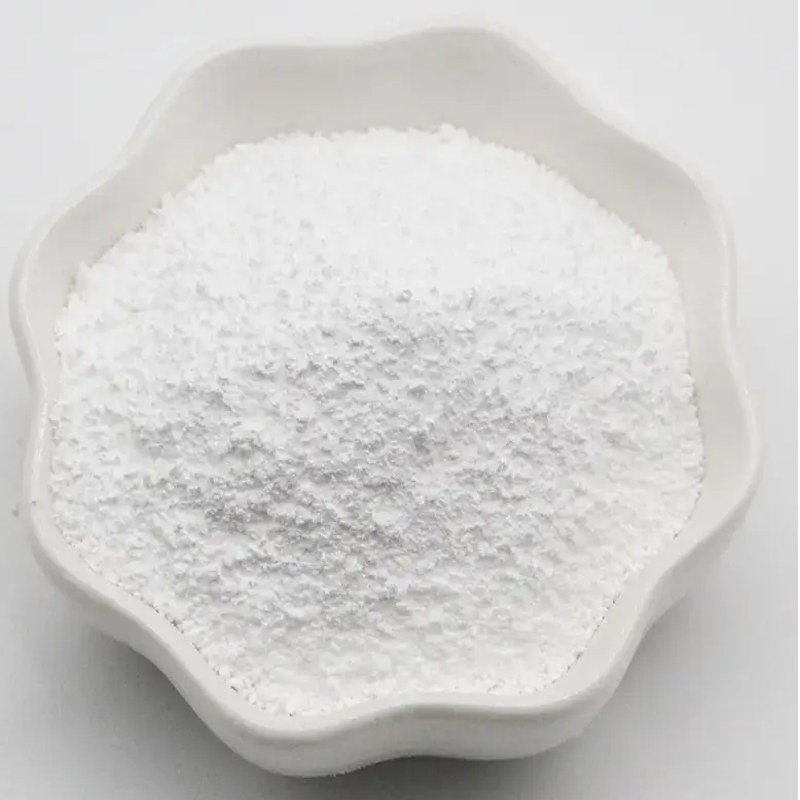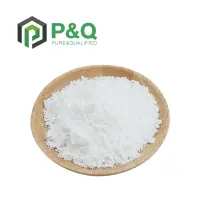-
Categories
-
Pharmaceutical Intermediates
-
Active Pharmaceutical Ingredients
-
Food Additives
- Industrial Coatings
- Agrochemicals
- Dyes and Pigments
- Surfactant
- Flavors and Fragrances
- Chemical Reagents
- Catalyst and Auxiliary
- Natural Products
- Inorganic Chemistry
-
Organic Chemistry
-
Biochemical Engineering
- Analytical Chemistry
- Cosmetic Ingredient
-
Pharmaceutical Intermediates
Promotion
ECHEMI Mall
Wholesale
Weekly Price
Exhibition
News
-
Trade Service
Uganda has been declaring an Ebola outbreak since 20 September, and as of 6 October, the cumulative number of confirmed cases has risen to 63, and 29 infected people have died, including 4 health workers
.
The Ebola outbreak in Uganda is caused by a rare strain of the Sudanese virus, and there is currently no effective vaccine
.
The WHO representative in Uganda said local scientists and its partners abroad were considering distributing two vaccines
that might be effective against the Sudan strain.
Ebola virus has an incubation period of up to 21 days, is contagious after symptom onset, has an average fatality rate of 50%, and persists in recovered people, and some survivors test positive for Ebola retrovirus polymerase polymerase chain reaction for more than 9 months
.
To this day, Ebola remains a major challenge
to global public health.
Developing effective drugs and vaccines against the virus has always been the common goal
of scientists from all over the world.
Recently, Dr.
Gao Ya, Professor Tian Jinhui and young researcher Ge Long of the Center for Evidence-Based Medicine of Lanzhou University collaborated with 30 researchers from 12 countries to conduct evidence-based research on the efficacy and safety of Ebola virus treatment drugs, and the final research result was "Effects of therapies for Ebola virus disease: a systematic review and network meta-analysis" Published in
The Lancet Microbe.
Studies have shown that the new three-antibody cocktail drug Inmazeb (REGN-EB3) and the monoclonal antibody drug Ebanga (mAb114) can significantly reduce the mortality rate
of people infected with Ebola.
Figure 1 Research results (Source: [1])
Targeted treatment is essential for Ebola virus control, and to support the development of clinical practice guidelines for drugs to treat Ebola virus, the study aims to assess the effectiveness and safety
of treating people infected with Ebola 。 In the study, researchers used the keywords "Ebola virus" and "randomized controlled experiments" in MEDLINE, Embase, Cochrane Central Register of Controlled Trials, Scopus, Global Health, African Index Medicus, and World Health Organization Global Index Platforms such as Medicas, Cumulative Index to Nursing and Allied Health Documents, ClinicalTrials.
gov, Epistemonikos, bioRxiv, medRxiv and SSRN were searched, then the selected studies were assessed for eligibility and risk of bias, and data
were extracted independently.
The researchers identified 7840 records through an electronic database search, including two randomized controlled trials that enrolled a total of 753 patients
published in 2016 and 2019.
The PREVAIL II trial in Guinea, Liberia, Sierra Leone, and the United States compared ZMapp with standard care and included 72 patients; The PALM trial was conducted in Congo and randomly assigned 681 patients to receive standard care, plus ZMapp, remdesivir, Ebanga and Inmazeb
.
In both studies, mortality data were available
for 744 patients after 28 days of follow-up.
Network meta-analysis showed that Inmazeb (RR 0.
40, 95% CI 0.
18 to 0.
89; absolute risk difference ranged from -237 per 1000 patients to -396 per 1000 patients) and Ebanga (RR) compared with standard care 0.
42, 0.
19 to 0.
93; absolute risk difference ranging from -229 per 1000 to -383 per 1000) may reduce mortality in infected people, but it is uncertain
whether ZMapp and remdesivir reduce mortality in infected people.
What is certain is that Inmazeb and Ebanga are more effective at treating people infected with the virus and reducing the case fatality rate of Ebola virus than ZMapp and remdesivir
.
Fig.
2 Mortality network diagram (Source: [1])
Note: The circle size represents the number of participants, the connecting lines represent direct comparisons, and the line width represents the number of studies
Taken together, through systematic reviews and meta-analyses, the researchers found high-certainty evidence that Inmazeb and Ebanga reduce patient mortality compared with ZMapp and remdesivir in people infected with Ebola, and moderate-certainty evidence
that Inmazeb and Ebanga may reduce patient mortality relative to standard care.
Overall, Inmazeb and Ebanga were better treated than ZMapp, remdesivir, and standard care
in the treatment of people infected with Ebola.
The results of this study have been highly recognized
by the World Health Organization guidelines for Ebola virus treatment as the best evidence for strongly recommending Inmazeb and Ebanga for Ebola virus treatment.
However, it is important to note that the study has certain limitations, and some comparisons are not convincing due to the lack of data available
.
In addition, there may be differences in
the effectiveness of treatment for different types of people infected with Ebola.
Resources:
[1] Gao Y, Zhao Y, Guyatt G, et al.
Effects of therapies for Ebola virus disease: a systematic review and network meta-analysis.
Lancet Microbe.
2022 Sep; 3(9):e683-e692.
doi: 10.
1016/S2666-5247(22)00123-9.
Epub 2022 Jul 5.
PMID: 35803293; PMCID: PMC9441701.







